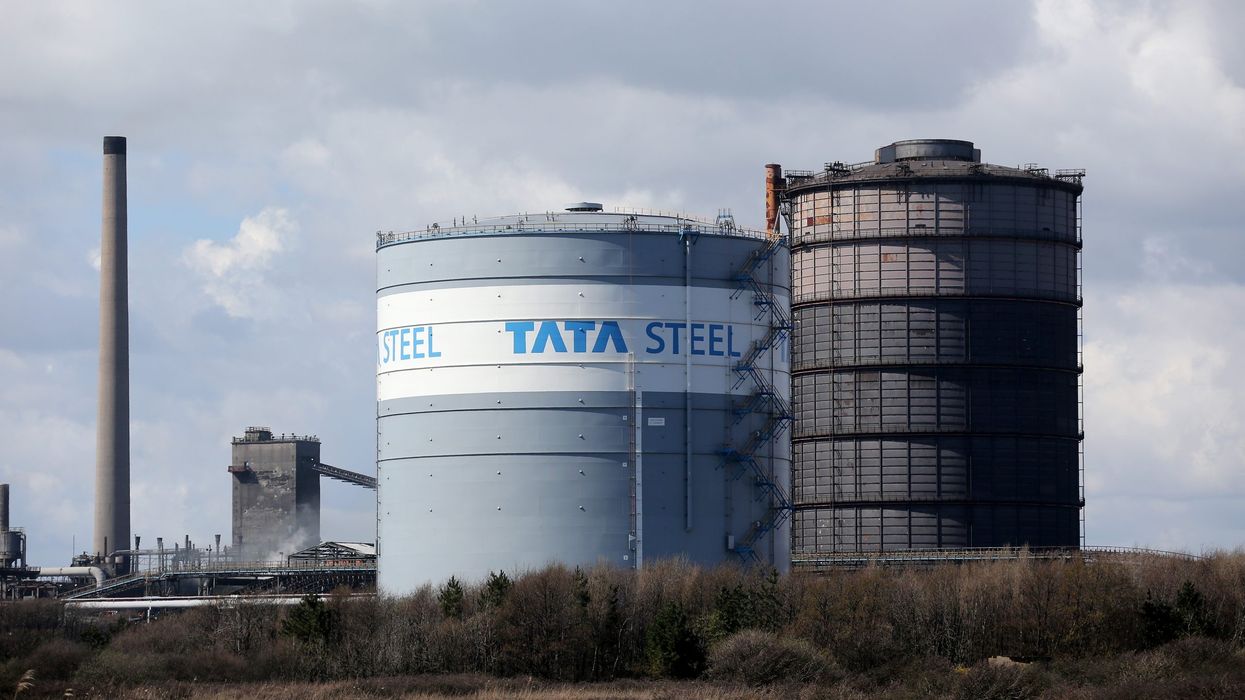UNCERTAINTY has gripped the UK’s steel industry amid job cuts and investment-intensive decarbonisation requirements.
Traditional steel production, relying on coal to produce iron, is regarded as incompatible with the UK’s legally binding climate action commitment to reduce carbon emissions in the coming decades.
The government is reported to be willing to offer £300 million each to Tata Steel UK and its rival British Steel to adopt green technologies.
However, the support is just a fraction of the estimated £3 billion Tata’s steel plant at Port Talbot in south Wales needs to spend for the transition.
Last month, the company said it would study the government’s support plans for the steel sector and consider it carefully before making strategic decisions on the future of its UK business.
Previously, the company liked its future in the UK to state support for its move towards less carbon-intensive steelmaking. Tata Steel employs some 8,000 people in the UK.
High energy costs have also made steelmakers rethink their strategies to stay competitive in the market.
British Steel, owned by China’s Jingye group, last week announced it would cut 260 jobs in the UK, while Liberty Steel of metals tycoon Sanjeev Gupta announced 440 job losses.
Tata Steel UK’s chairman Henrik Adam, summed up the existential crisis the sector is facing when he told The Times, “the easiest way to decarbonise the industry is to not produce steel here”.
In such a case, it would mean more imports and Britain “offshoring its carbon responsibilities to other nations,” he argued.
Steel produced in Port Talbot is used in the automotive industry and also in Dogger Bank Wind Farm in the North Sea, the world’s largest offshore wind farm.
While experts in the UK debate on spending taxpayers’ money to prop up the “unprofitable” industry, steel makers operating in Continental Europe have already got some help from governments to go green.
ArcelorMittal last year announced a €1.7 bn (£1.5 bn) investment in its two sites helped by the French government. The European Commission this month approved a €460-million (£405m) grant by Spain to support the decarbonisation efforts of the company’s plant in Gijón.
German steel producer Salzgitter won €1 billion from the country’s German government.
Britain’s Department for Business, Energy and Industrial Strategy said recently that it was working closely with the steel industry to secure “a sustainable and competitive future”.
Green needs and high operational costs: UK’s steel sector stare at uncertainty




